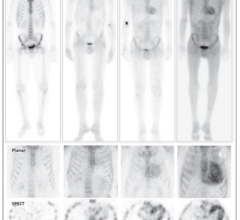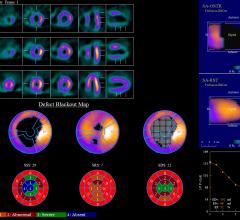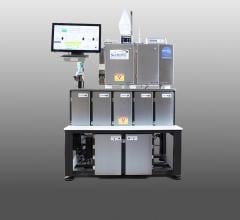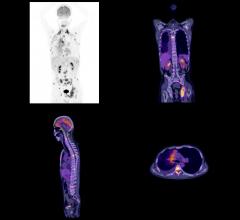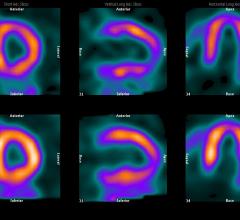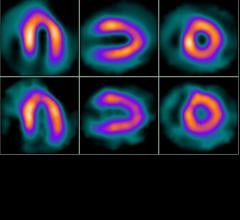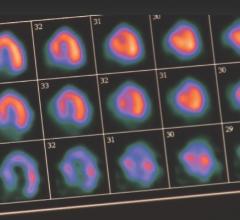August 20, 2014 — NorthStar Medical Radioisotopes LLC signed a non-exclusive letter of intent with GE Healthcare, a division of General Electric Co., marking further progress toward establishing the first existing commercially viable domestic source of the radioisotope 99molybdenum (99Mo).
99Mo is the parent isotope of 99mtechnetium (99mTc), the most widely used radioisotope in medical diagnostic imaging. Under the purchase agreement, NorthStar will supply GE Healthcare with 99Mo to produce 99mTc for compounding and distribution once its non-uranium-based 99Mo production technology and proprietary RadioGenix isotope separation system have been approved by the U.S. Food and Drug Administration (FDA) and are commercially available.
NorthStar recently signed a similar agreement with the radiopharmacy chain Triad Isotopes Inc.
NorthStar, based in Madison, Wis., is developing a domestic source of 99Mo to help alleviate chronic shortages. The 99Mo will be produced without the use of weapons-useable highly enriched uranium (HEU), helping meet goals set by the U.S. Department of Energy’s (DOE) Global Threat Reduction Initiative (GTRI). The initiative was established to reduce and protect vulnerable nuclear and radiological material located at civilian sites worldwide and to minimize the use of HEU in civilian applications.
99mTc is used in more than 13 million nuclear medicine procedures annually in the United States alone. Key applications include myocardial perfusion imaging (testing how well blood flows through the heart), sentinel node mapping (detecting whether breast cancer cells have spread to the sentinel lymph nodes), hepatobiliary imaging (evaluating the liver, gallbladder and ducts that are part of the biliary system) and inflammation and infection imaging.
Currently, nearly all 99Mo is produced using weapons-useable HEU at aging facilities located outside of the United States, leading to product shortages and creating safety and national security concerns. DOE, through GTRI, works with commercial entities to accelerate the establishment of domestic sources of 99Mo produced without HEU.
NorthStar has two methods of producing non-HEU 99Mo, both of which generate only a benign waste stream. The non-HEU 99Mo produced by NorthStar is for use in the company’s intelligent isotope separation system, the RadioGenix, the first true technological breakthrough in 99Mo/99mTc systems in nearly 45 years.
NorthStar President and Chief Executive Officer George P. Messina said, “Together, NorthStar and GE Healthcare will help ensure that health care professionals have reliable access to the 99mTc isotope they need to give their patients accurate diagnoses and conduct important research. And because the 99Mo parent radioisotope will be produced without the use of highly enriched uranium, we will be helping the United States achieve vital national security and safety goals.”
GE Healthcare Global Product Leader Julie Woodland said, “Continuity of supply of 99Mo to meet the growing demand for diagnostic procedures is a key focus for GE Healthcare. The company is actively working with new alternative 99mTc sources to help ensure that access to the radioisotope is readily available to aid in the diagnosis of patients both today and in the future.”
For more information: gehealthcare.com, www.northstarnm.com

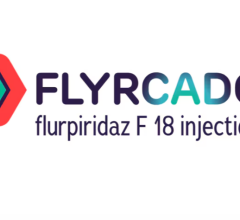
 March 25, 2025
March 25, 2025 


